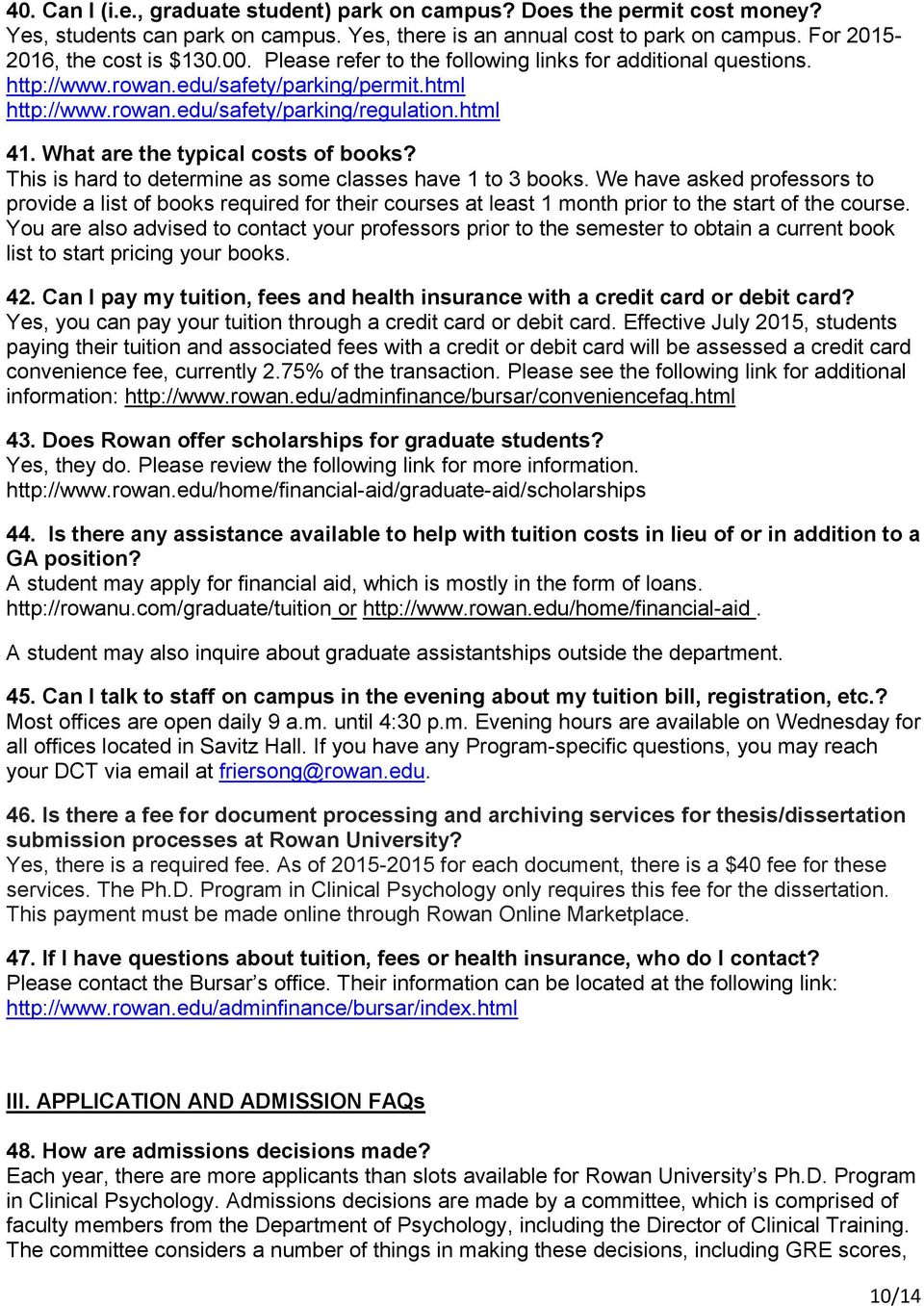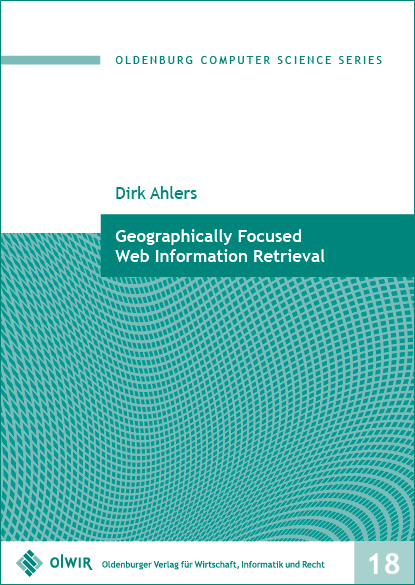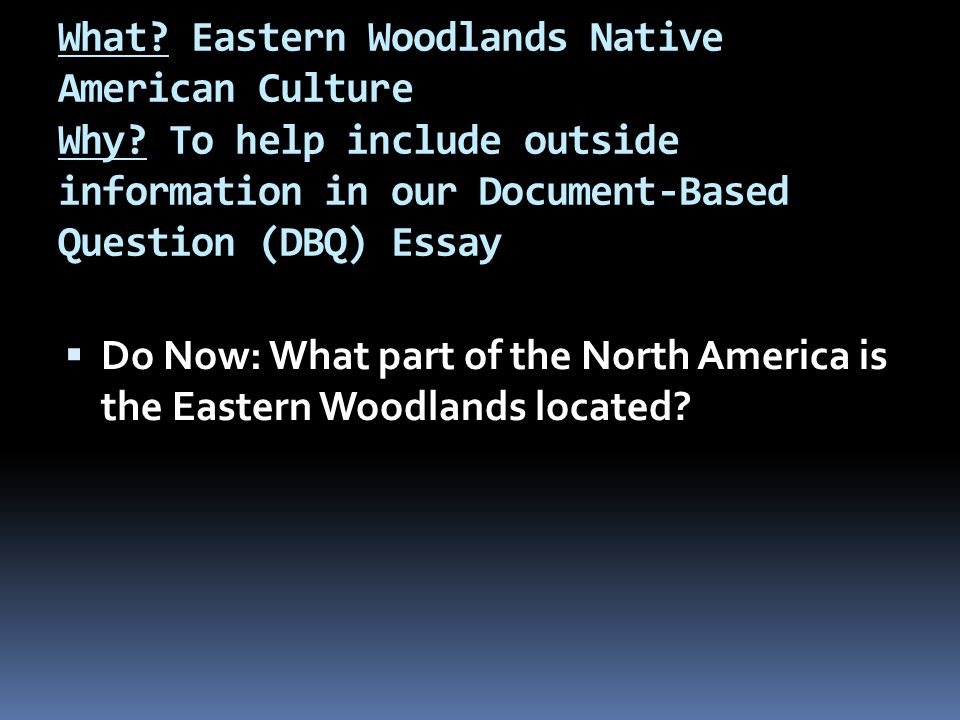An Essay Concerning Human Understanding Book I: Innate Notions.
Essay I John Locke i: Introduction Chapter i: Introduction 1. Since it is the understanding that sets man above all other animals and enables him to use and dominate them, it is cer-tainly worth our while to enquire into it. The understanding is like the eye in this respect: it makes us see and perceive all other things but doesn’t look in on.Essay II John Locke Chapter viii: Some further points about our simple ideas29 Chapter ix: Perception 34 Chapter x: Retention 37 Chapter xi: Discerning, and other operations of the mind39 Chapter xii: Complex ideas 43 Chapter xiii: Simple modes, starting with the simple modes of space46 Chapter xiv: Duration and its simple modes 52.Locke, John (1632-1704) - English philosopher who had a tremendous influ-ence on human knowledge and on political theory. He set down the principles of modern English empiricism. An Essay Concerning Human Understanding (1690)-An inquiry into the nature of knowledge that attempts to settle what questions hu-man understanding is and is not equipped to handle. Locke states that all knowledge is.
Chapter I No Innate Speculative Principles. 1. The way shown how we come by any knowledge, sufficient to prove it not innate. It is an established opinion amongst some men, that there are in the understanding certain innate principles; some primary notions, koinai ennoiai, characters, as it were stamped upon the mind of man; which the soul receives in its very first being, and brings into the.An Essay Concerning Human Understanding, by John Locke. Chapter XXIII Of our Complex Ideas of Substances. 1. Ideas of particular substances, how made. The mind being, as I have declared, furnished with a great number of the simple ideas, conveyed in by the senses as they are found in exterior things, or by reflection on its own operations, takes notice also that a certain number of these.

John Locke’s purpose in An Essay Concerning Human Understanding is to inquire into the origin and extent of human knowledge. His conclusion—that all knowledge is derived from sense experience.












